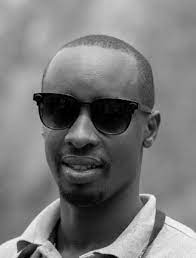Editor, I thank The New Times for a very thorough and thoughtful summary of the criteria parents (and students at the secondary school level) should use in selecting schools for their children.

Editor,
I thank The New Times for a very thorough and thoughtful summary of the criteria parents (and students at the secondary school level) should use in selecting schools for their children.
I would simply emphasise that all international research notes that the single most important factor in a child’s intellectual development by far is the quality of the teacher in your child’s classroom.
So check out the teaching staff carefully. In fact, ask if it’s possible, for you as a parent, to observe a class even for a few minutes – you can quickly tell when a teacher has created a positive learning environment that will both push and support your child to grow academically.
And if the school refuses to allow you to assess the quality of its teachers, that should tell you a lot.
Peter, Rwanda
*******************
The education system in Rwanda is sometimes funny. Definitely private primary schools do well due to the obvious: well-paid teachers and good infrastructure.
However, the good performing students in private primary schools then go on to public/faith-based secondary schools as parents seek to cut costs hence saving for a good university.
This is the reason why schools like Lycée de Kigali and IFAK perform well because well performing children get enrolled there. The private secondary schools are where the less performing students are placed, hence a reflection on their performance.
Parent, Rwanda
*******************
Our primary schools, driven by the desire to be counted among the best, make our kids work too hard. This is pedagogically wrong. Small children don’t have to work that hard. Otherwise there is a risk to see school work becoming one of the worst forms of child labour (at least in some schools).
Bigwi, United States
Reactions to the story, "What to consider when choosing a school” (The New Times, February 5)


